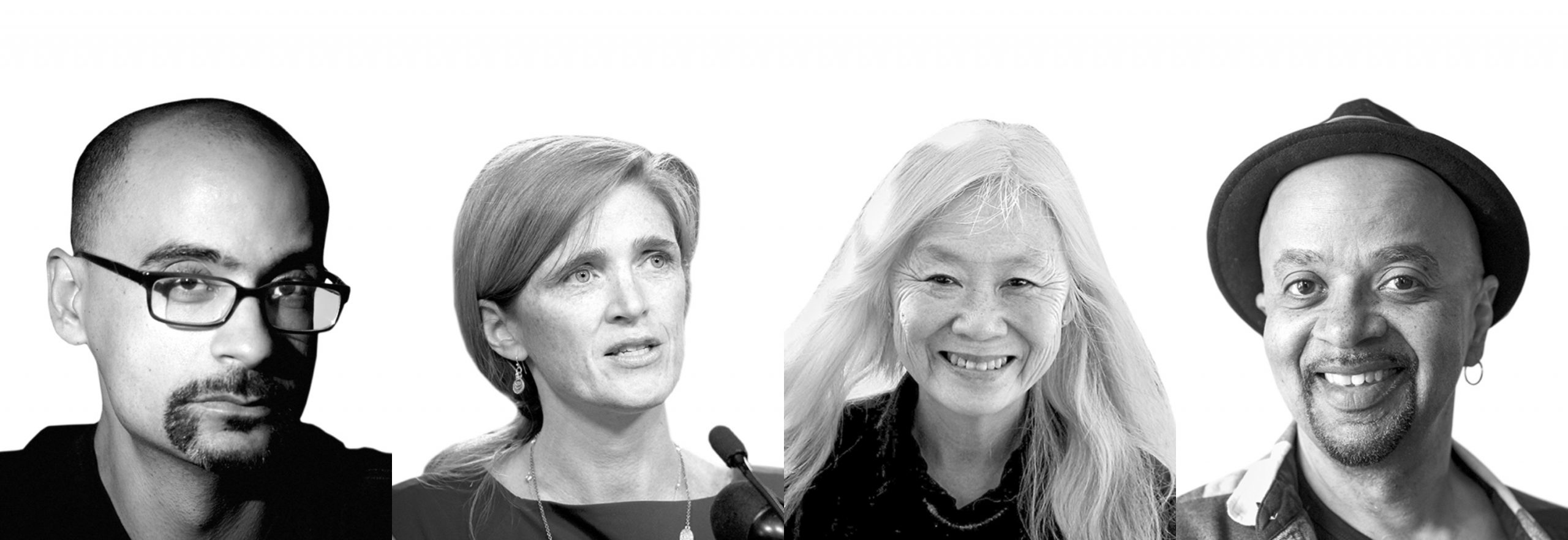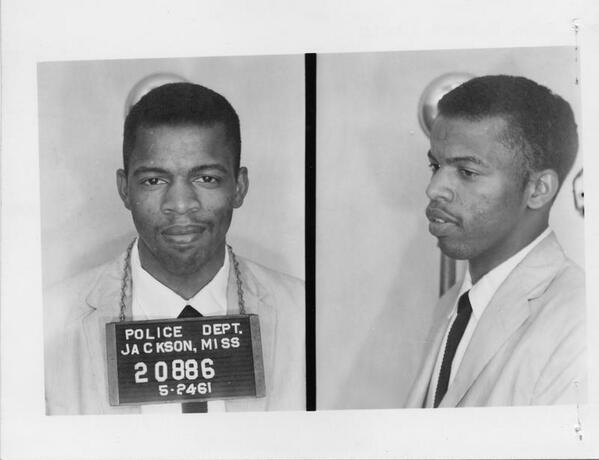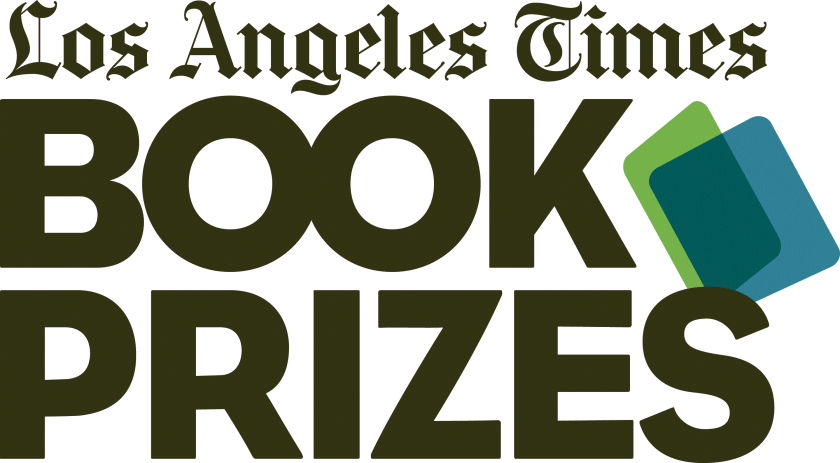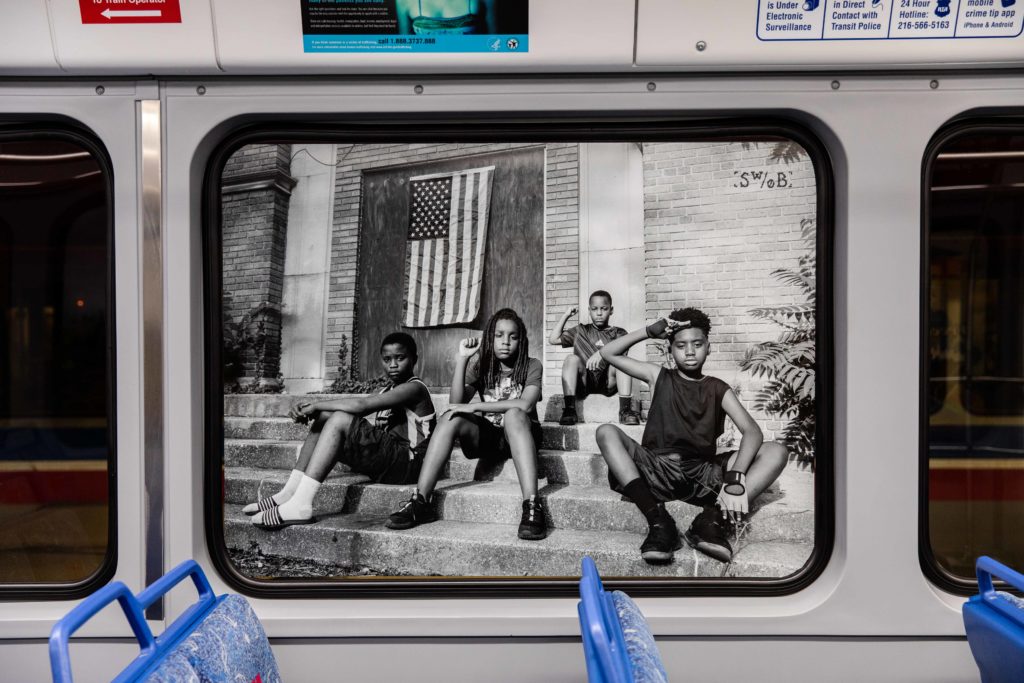How does one structure a year in reading?
The New York Times published the answers of 47 writers and artists who reflected on the books they chose over the past year. Their responses create a fascinating skein of reading and thinking, and include essays from four Anisfield-Wolf Book Awards recipients. The entire conversation, which weaves from basketball hall-of-famer Kareem Abdul-Jabbar to filmmaker Ava DuVernay to former House speaker Newt Gingrich to author Maxine Hong Kingston, is enlivening, a hopeful way to face into a new year.
Praise for “The Underground Railroad,” the stupendous fall novel from Anisfield-Wolf winner Colson Whitehead, threads through these reflections. Salman Rushdie read it; so did the YA-writer John Green, Anne Tyler and Judd Apatow.
Maxine Hong Kingston, who won a 1978 Anisfield-Wolf prize for “The Woman Warrior,” came up with the longest and the widest-ranging list. She sampled Charles Darwin and Nora Ephron and Andrew Solomon’s “The Noonday Demon: An Atlas on Depression.” He won an Anisfield-Wolf prize for “Far from the Tree,” another landmark, luminous work of nonfiction.
Harvard University President Drew Gilpin Faust expended her entire essay praising “March,” the three-book graphic memoir by Congressman John Lewis recounting his formation in the crucible of Civil Rights. These books in turn are based on “Walking with the Wind,” Lewis’ classic accounting of his life, which won an Anisfield-Wolf award in 1999.
Another graphic work attracted the praise of Junot Diaz, who kicks off the New York Times compilation recommending “Ghetto Brother,” a history of a multiracial Bronx, drawn and created by Julian Voloy and Claudia Ahlering. Diaz, who won an Anisfield-Wolf for his novel “The Brief, Wondrous Life of Oscar Wao,” also highlighted another nonfiction title: Wesley Lowery’s “They Can’t Kill Us All.” Diaz writes that “Lowery more or less pulls the sheet off America” in a book subtitled “Ferguson, Baltimore and a New Era in America’s Racial Justice Movement.”
James McBride, whose 1997 memoir “The Color of Water” is still taught widely in universities, strikes a bluesy note in an essay that divides books “into categories like saxophone players.” He read “The Rise and Fall of the Third Reich,” and then — to shake off some of its disturbing currents – turned to the manuscript for “Two and Two,” a forthcoming memoir from Rafe Bartholomew. McBride highly recommends this portrait of New York’s oldest saloon.
Samantha Power, who won both a Pulitzer and an Anisfield-Wolf award for “A Problem of Hell,” read books last year that illuminated her work as the United States ambassador to the United Nations: Madeline Albright’s “Madame Secretary” and Clark Clifford’s “Counsel to the President.”
The list from Kareem Abdul-Jabbar was flavored by two Anisfield-Wolf winning authors: “The Warmth of Other Suns” by Isabel Wilkerson, and “Charcoal Joe,” the latest detective novel from Walter Mosley. The basketball legend also read poetry, specifically “Teaching My Mother How to Give Birth” by Warsan Shire, a Kenyan-born Somali poet. Meanwhile sublime novelist Colm Toibin read 2013 Anisfield-Wolf honoree “My Promised Land.” Toibin described Ari Shavit’s nonfiction work as giving him “an increased sense of the complexity of Israeli heritage.”
Back in the United States, filmmaker Jill Soloway thought about making a pilot as she read “You Can’t Touch My Hair” by Phoebe Robinson. And Jacqueline Woodson recently held up her copy on PBS’s “News Hour” as a galvanizing book from 2016.
However one navigates a year, it is bettered by the company of a good book. The selections in this compilation are a bracing place to start.



